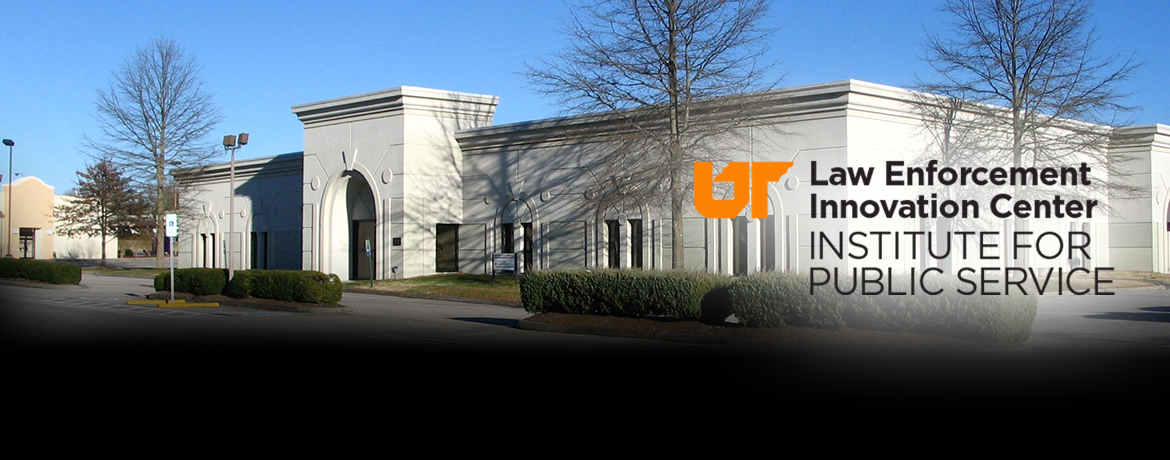
The University of Tennessee Law Enforcement Innovation Center (LEIC) is well known for developing state-of-the art training programs in a variety of areas, such as first line and advanced leadership and supervision, applied de-escalation tactics, and forensic photography.
Under the direction of Program Director Jeff Lindsay, a 28-year law enforcement veteran, the LEIC Training program has made significant improvements. With the addition of the VirTra V-300 simulator to the arsenal of training tools used by LEIC, Director Lindsey said, “with the advances in technology and tactics, we can effectively train anyone on the front lines.” This is because the V-300 offers more than 150 different scenarios that can be tailored for any agency’s particular needs, from breach scenarios for tactical teams to hostage situations for correctional officers.”
Director Lindsey has developed two Peace Officer Standards and Training certification (POST) training courses that combine VirTra V-300 scenarios with classroom work focused on verbal de-escalation, applied tactics, re-enforced with good communication skills. “There’s a critical need for de-escalation training, and the aim of the LEIC is to provide the most advanced training available to the hundreds of law enforcement agencies in Tennessee,” Lindsey says.
Director Lindsay believes, that because most law enforcement work is fact-oriented, and officers may at times take a narrow approach when investigating calls for service and miss important non-verbal, and body language queues a subject may be displaying. The VirTra V-300 is a teaching/training tool and he wants officers to recognize that verbal and nonverbal cues are equally important during any investigation. Employing a broader assessment of the situations they encounter will provide a safer approach for both the officer and the subjects involved. The very realistic scenarios provided in the VirTra V-300 combined with classroom work allow officers to experience and develop skillsets that result in improved officer safety and public relations.
The V-300 allows instructors flexibility to alter scenarios in an effort to meet the training needs and department policy of each participant. “The beauty of the V-300 is in the branches,” he explained.
Depending on the participants course of action while in the V-300 simulator the instructors can select from a variety of different scenario reactions with the click of a mouse, that require participants to employ active listening, good communication, and reasonable force skills.
“We want to show them they have options beyond using a kinetic response,” says Lindsey, adding “the idea is to show them that they can de-escalate a situation and still gain compliance” of a subject by creating space, using non-threatening body language and simply slowing things down. “
Director Lindsey is working to develop a new use case for the VirTra V-300 using the V-Author feature. Forensics training is a big part of the LEIC charter, and V-Author will allow LEIC staff to create a number of custom scenarios for forensics training classes which re-create violent crime scenes. These types of scenarios will assist trainees to recognize key elements in shooting, stabbing, violent crime incidents by recreating the crime scene.
This type of training is beneficial for law enforcement investigators required continued education as it will improve processes around evidence recovery, submission and the VirTra simulator scenarios can be used to improve report writing. This training will improve overall investigation and successful prosecution.
Director Lindsey hopes to one day make their V-300 portable, allowing a better service and easy access to smaller law enforcement agencies who may not have the ability to travel to LEIC due to staffing or budget issues.
Recently Published
Join Our Newsletter







